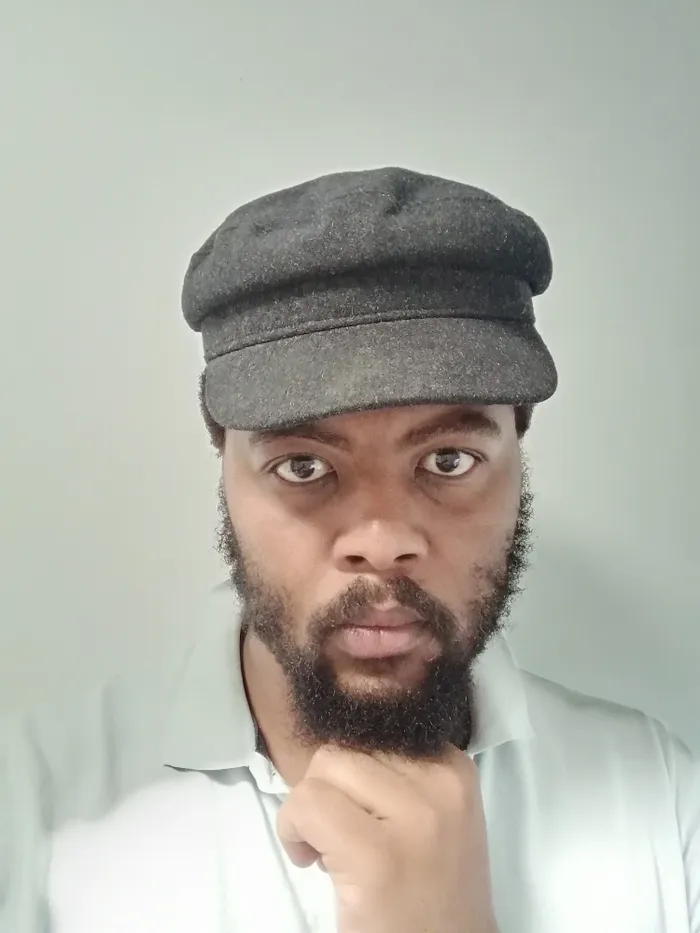UCT council got it all wrong

Kenneth Mokgatlhe is a political analyst, researcher and columnist
Kenneth Mokgatlhe
The University of Cape Town's (UCT) decision to ban Israeli academics and researchers who have ties to the Israel Defence Forces (IDF) is misguided, given that most Israelis, young and old, have some connection to their military.
It is particularly troubling to see a respected institution like UCT appear to act as an extension of Hamas’s narrative, portraying Israel’s military actions as immoral while denying Israel the right to defend its borders, citizens and sovereignty.
UCT’s unfounded resolution will harm its researchers and academics who might wish to collaborate with their Israeli counterparts on various academic and research projects.
It implies that breakthrough research conducted by Israeli scholars will be disregarded, even if it could save lives in South Africa. Scholarly work should be performed independently, without prejudice or interference, as we, unfortunately, witness at UCT.
I’m not suggesting that the situation in Gaza or the West Bank is perfect. My point is that Hamas has consistently been an obstacle to achieving a two-state solution, where two peoples can coexist peacefully. Its actions have demonstrated its intentions not just through terror against Israel but also in the preamble of its constitution and through slogans like “From the river to the sea”, which essentially calls for the extermination of Israelis and their country to make way for “Palestine”.
UCT has fallen into the trap of Hamas propaganda, portraying the group as a victim while consistently labelling Israel the “bad guy”,which is misguided. On October 7, Hamas launched a brutal attack on Israel, killing more than 1 200 people and kidnapping more than 250, many of whom are being held in Gaza.
What strikes me as a double standard in UCT’s resolution on the Israel-Hamas conflict is its focus on supporting Hamas-affiliated academics and researchers, while remaining silent about the academics, researchers and students who were killed or kidnapped by Hamas.
UCT should not be a platform for promoting terrorism or playing politics; it should be a hub for debating and generating fresh ideas that address global challenges.
It’s also concerning how Israeli sympathisers within UCT, including students and staff, are supposed to feel when most of the council appears to be taking a stance against Israel. Having spent months in Israel, I’ve realised that many in South Africa who are committed to discrediting Israel have never even been to the Middle East.
Instead, they rely heavily on sources like Al Jazeera, which has consistently portrayed Israel negatively. The authenticity of information provided by Hamas, which regularly terrorises Israelis, is rarely questioned.
Has UCT conducted its investigations or relied on independent bodies to base its resolutions on credible sources of information, rather than relying on Hamas propaganda? It’s widely recognised that during any conflict, the involved parties will engage in an information war, aiming to sway public opinion and convince people that their cause is just.
For an academic institution like UCT, it’s crucial to protect its reputation by staying clear of political entanglements and focusing on its core mission of academia and intellectualism. This means basing decisions on verified, credible information and avoiding the risk of becoming a platform for any one-sided narrative.
The UCT council needs to grasp the nature of the IDF and how it operates. Every Israeli citizen has a responsibility to defend their country from external threats, which have persisted for many years. It’s not a crime to protect one’s territory against potential attacks that threaten the very existence of the nation. In Israel, young people are encouraged to join national service to safeguard their country, so barring anyone with IDF involvement from UCT is absurd.
As a postgraduate student from Ben Gurion University of the Negev in Israel, I’m concerned that the resolution might be expanded to exclude anyone linked to Israeli academic institutions.
Such a move would be a significant setback for someone like me, who aspires to build a career in academia. Our Constitution guarantees academic freedom, meaning no one should be barred from collaborating with others for political reasons.
UCT and other academic and research institutions must maintain their independence and safeguard their credibility as spaces for intellectual discourse, discussion and debate. Universities should not be used as vehicles to support groups involved in wars or conflicts. Instead, they should serve as platforms to explore the causes, effects and potential solutions to the conflicts.
Mokgatlhe is a political analyst, researcher and columnist
Related Topics: